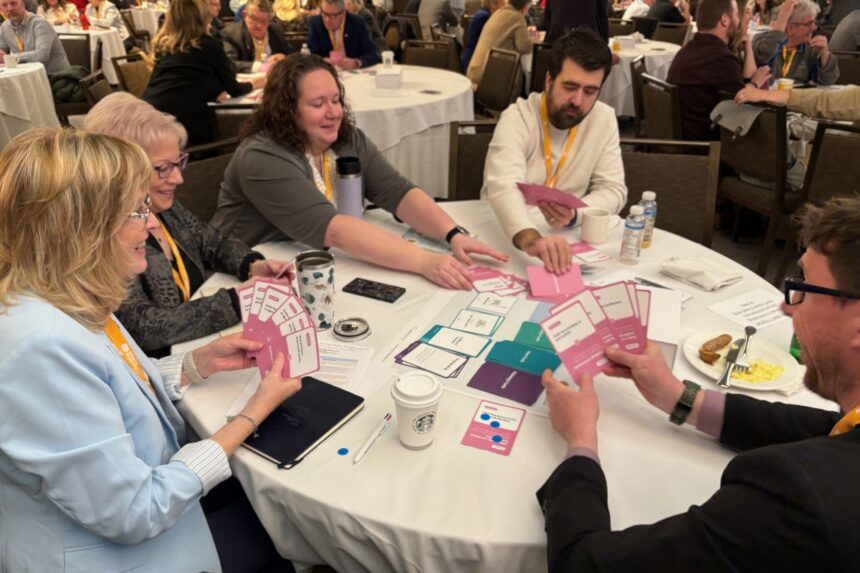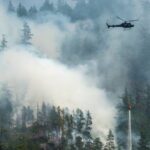The question of what makes Alberta’s political landscape unique has intrigued researchers and political observers for decades. Now, a comprehensive study led by the University of Alberta is digging deeper into the province’s distinct political identity through a series of focus groups designed to uncover the core values and beliefs that shape Albertan political culture.
“We’re trying to understand why Albertans vote the way they do and what drives political decision-making in the province,” explains Dr. Lisa Thompson, political science professor at the University of Alberta and lead researcher on the project. “Alberta has long been characterized by certain political tendencies, but we want to move beyond stereotypes to understand the nuanced reality.”
The research, which began earlier this year, brings together diverse groups of Albertans from urban centers like Edmonton and Calgary to rural communities across the province. Participants engage in facilitated discussions about their political values, their perceptions of Alberta’s place within Canada, and how historical events have shaped provincial identity.
Early findings suggest that Alberta’s political culture is more complex than often portrayed in national media. While certain themes like resource development, individual liberty, and fiscal responsibility emerge consistently, researchers note significant variations across regions, generations, and socioeconomic backgrounds.
“What’s fascinating is how Albertans across the political spectrum express a shared sense of being misunderstood by the rest of Canada,” Thompson notes. “Even those with opposing political views often share a common feeling that Alberta’s contributions to Confederation aren’t properly recognized.”
The study comes at a particularly interesting moment in Alberta’s political evolution. After decades of predominantly conservative governance, the province has experienced more political volatility in recent years, with both the NDP and UCP forming governments. This shifting landscape provides researchers with rich material to examine how traditional political identities are being maintained or transformed.
Dr. James Hernandez, a political historian collaborating on the project, emphasizes the importance of historical context. “Alberta’s political culture didn’t develop in isolation. It’s been shaped by waves of immigration, resource booms and busts, and complex relationships with federal institutions. Understanding these historical patterns helps explain present-day political attitudes.”
The research team plans to compile their findings into a comprehensive report by early next year, with hopes that the results will contribute to more informed political discourse both within Alberta and across Canada. They’re particularly interested in how younger Albertans perceive provincial identity and whether traditional political alignments are evolving with new generations.
Beyond academic interest, the researchers believe their work has practical implications. “If we better understand what drives political culture in Alberta, we can potentially develop more effective approaches to policy challenges that have often created tension between provincial and federal governments,” explains Thompson.
As Canada faces increasingly complex challenges from climate policy to economic diversification, does a deeper understanding of regional political cultures offer a path toward more productive national conversations? For Albertans participating in this groundbreaking research, the answer may help shape not just how the province is perceived, but how it evolves in the decades ahead.










